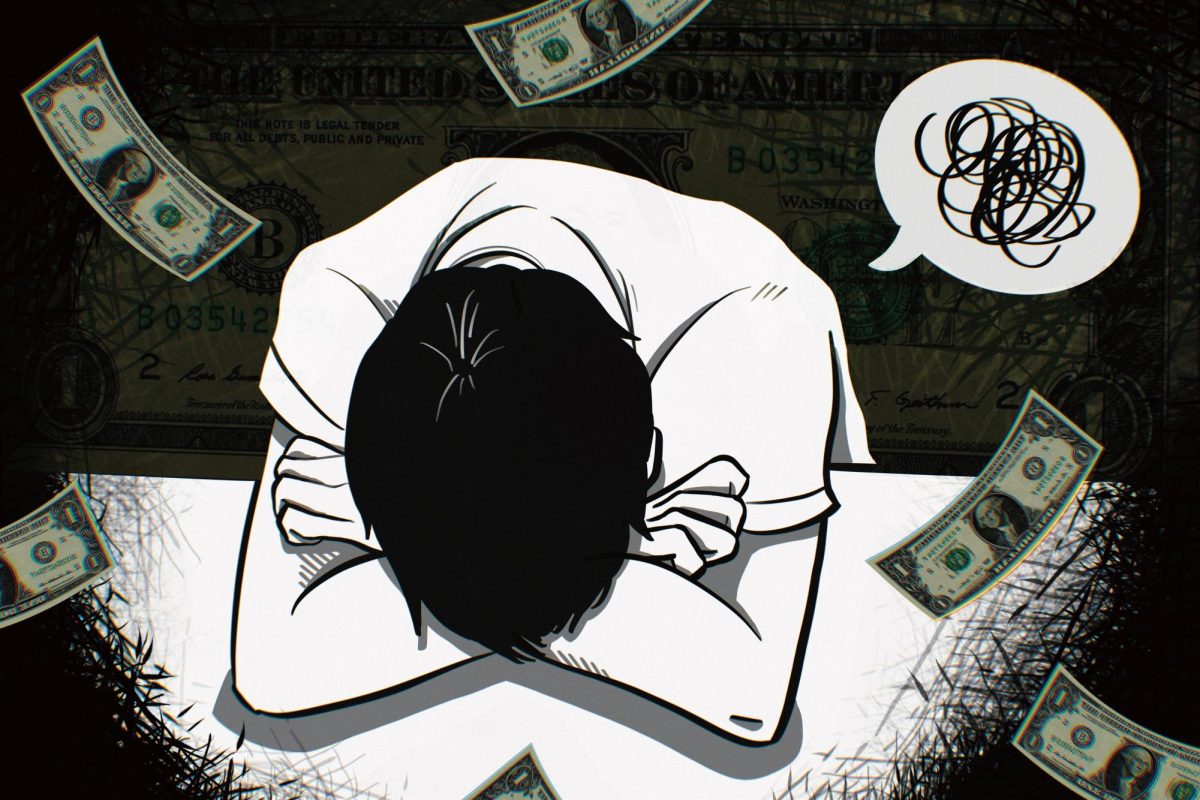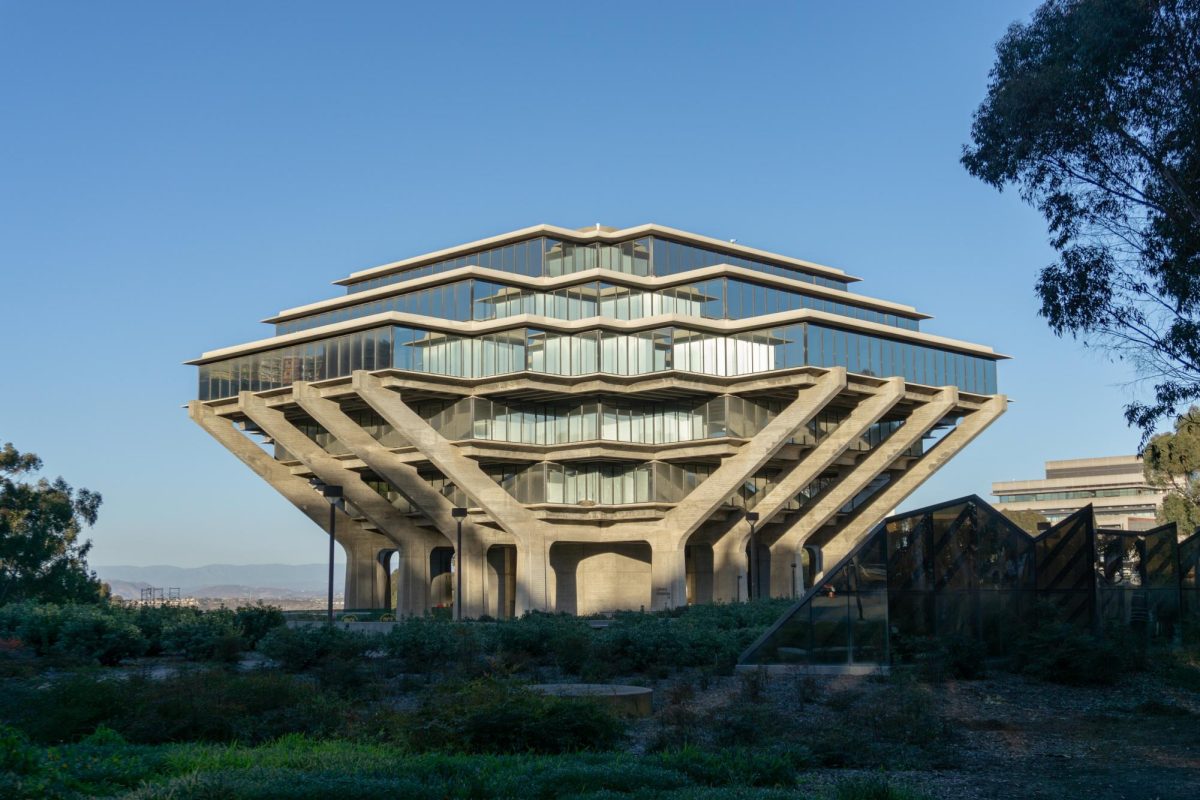On Oct. 30, the UC San Diego Academic Senate submitted a now-controversial amendment to the campus-wide graduation requirements, acting on a vote passed under the 2017 Academic Senate. The change imposes a 12-quarter limit on all non-transfer freshmen and a 6-quarter limit on all incoming transfer students who begin in Fall 2019. To compensate for the restricted time limits, the Senate also stuck down the 22 credit cap per quarter. While the decision intends to increase UC San Diego’s 4-year graduation rates, it makes higher education even more inflexible and exclusive than it has historically been. It fails to acknowledge the various other facets of life that may interfere with a speedy degree process and encourages students to jam-pack as many courses into a quarter as need be. In recent years, UCSD has committed millions to construction projects aimed improving the university, but all it seems to have done is build a factory that churns out more and more graduates.
The UC system’s desire to crank out students like an assembly line is hardly new. The UC Office of the President and the UC Regents tasked any campus that could feasibly accommodate more students to do so, despite outcries that it will place increasingly large burdens on already-stressed resources. UCSD is one of the several campuses charged with expanding, hence the ever louder whir of construction equipment and the ever-larger deficit that UCSD is running. Coupled with the issue of over-enrollment, the new graduation requirements are yet another indication that the number of students squeezed through the system takes priority over the quality of the education they receive.
Capping the number of quarters will not affect every student, but considering that the average time for degree completion for UCSD undergraduates is 4.3 years, the change affects much more than a tiny fraction of students. The fundamental flaw with the change is that it assumes students should always graduate by a prescribed amount of time and that the quality of their education will not diminish if this time frame is overly short.
For various reasons, a 12-quarter limit is restrictively short. Students may extend their time-to-degree because of personal commitments like work or family, sports, illness, or simply because they value courses not included in their major requirements. UCSD’s own structure may place an undue burden on students to graduate in 12 quarters. An engineering student at Roger Revelle College, with its notoriously time-consuming general education requirements, would have to ramp up their already-busy schedule with even more courses to finish in 12 quarters. UCSD seems to believe the quick fix is to just take more courses per quarter with the credit cap gone. As if academic and mental health resources aren’t already overburdened, the stress of taking five or more courses per quarter and the burden it would place on existing resources went over the head of the Senate’s voting bloc. That is all without mentioning how many students could not feasibly take a greater number of courses given their other commitments or how doing so would aggravate their already-precarious conditions.
Students already cite everything from massive class sizes to the quarter system itself as debilitations to their education. Quarter limits are yet another source of stress to stack on top. The Academic Senate underestimates how much such stress can interfere with a student’s education, or it at least cares less about stress than student’s graduation statistics.
Financially-struggling students, students with mental health issues, students of color, disabled students, and other disadvantaged groups have brought the issue up continuously for decades though. For most students, Plato takes a backseat during a mental health crisis, as does the latest robotics assignment when the student can’t pay rent. Tacking on the element of speed in education sets yet another obstacle for students, distracting them from course material and active engagement with it.
There is a petition process, to be fair, whereby students who do not expect to graduate on time can meet with an advisor and request additional quarters. This process is hardly satisfying, though. If it always accommodates students who need more time, then there would be no point in changing requirements at all. If it failed to accommodate students who need more time, then UCSD loses struggling students in the shuffle to offer ever higher admissions. The petition still ignores the pressure to load up on credits each quarter and instead offers a vague, bureaucratic promise that everything will work out in the end.
To want a greater number of people to get an education and to get that education efficiently is not a crime. UCSD does its students a disservice, though, when it approaches education as a one-size-fits-all commodity. Education is a process complicated by a million factors besides credit count and quarter limits, so UCSD’s approach to it must have more nuance than the Academic Senate currently allows.
If the Academic Senate is insistent on instituting quarter limits, it must include more easily accessible exemptions for students who cannot graduate in 12 or 6 quarters, greatly expand its advising and mental health resources, and acknowledge its responsibility to guarantee a consistent quality of education.
Edit (11/20/19): The post was updated from its original form to correct misleading information about the Academic Senate and their voting record and to include for discussion the petition process that accompanies the change in graduation requirements.
Graphic courtesy of Geena L. Roberts.




















